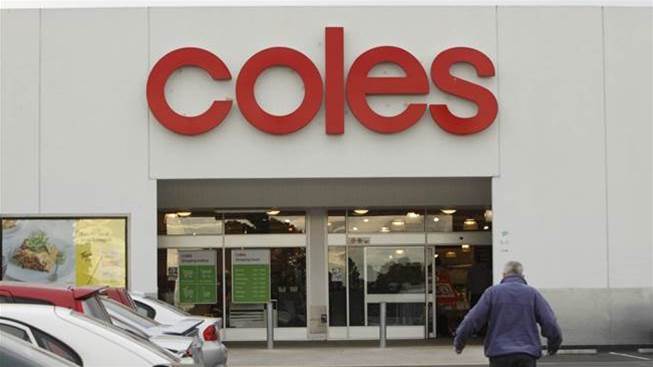Coles Group is deploying 5G fixed wireless to its retail stores and new distribution centres as a failover option in the event that primary connectivity fails.

General manager of technology services and commercial Chrissy Chu told iTnews the retailer is using Cradlepoint’s NetCloud service, which includes 5G endpoints and subscription services.
Chu said that every new Coles supermarket or Liquorland that gets built will have the 5G backup as standard.
The service is also active in Coles’ new Witron-powered distribution centres, and will be fitted to all existing 850 supermarkets – and a similar number of Liquorland stores – by September.
It has been rolling out the endpoints since late last year.
The primary connectivity for stores is fixed-line services that Chu said are supplied by “carrier partners” or NBN Co.
The addition of 4G/5G fixed wireless services “augments what we already have in-store” and offers a diversity of service, Chu said.
“One of our key pillars of our technology strategy is really to be always-on and secure. Having multiple layers of resiliency really lends itself to that,” Chu said.
“We process more than 21 million customer transactions each week so, if our services are not available, it means our customers can’t shop in our stores and we need to keep our customers shopping because that’s what’s important to them.”
Cradlepoint said in a statement that, “In the event of losing wired WAN services to a Coles store, Cradlepoint is enabling reliable connectivity using 5G to run all store operations including point of sale systems, loyalty programs, stock control, and all back-of-house activities.”
Chu said that connectivity disruptions had a flow-on impact to customer experience in-store, including potentially to payment services.
“Our customers just expect to be able to go into our stores and do their weekly shop. But if internet, for example, is not available in our stores, then they can’t necessarily do that effectively because some of our major systems may be down,” she said.
“Whilst we’ve got failsafes there as well, in terms of, we can still operate our stores without network connectivity, there then becomes limitations in terms of can they do,
“Tap and go for example, [with] Apple Pay – if we’re operating in an offline mode in our stores, there’s limitations in terms of how much we can accept from a transaction value perspective. We might not be able to accept things like Apple Pay.
“And so there’s limitations in terms of the customer experience if our network is not available.”
Chu said the backup connectivity option is already paying off.
Last month, the retailer was able to “proactively mitigate outages in our carrier network to the tune of … half a day of network outages across 200 stores where the solution is already live.”
Chu added that “strong network availability” also meant being able to confidently “build other services that are more innovative or provide more seamless experience to our customers.”
Always-on connectivity is also important from the perspective of Coles’ strategic vision for its store network, which CTO John Cox told The iTnews Podcast earlier this year is bringing more real-time intelligence to operations.
Chu said the retailer is also “looking at more and more AI use cases in-store”, including how generative AI might be leveraged.
“We’re looking at all of those options,” she said.
“I think the backbone of providing services in stores is actually our network connectivity.
“That’s why it’s really, really important. It forms the foundation of the other services we provide in-store, and makes them as highly resilient as possible.”